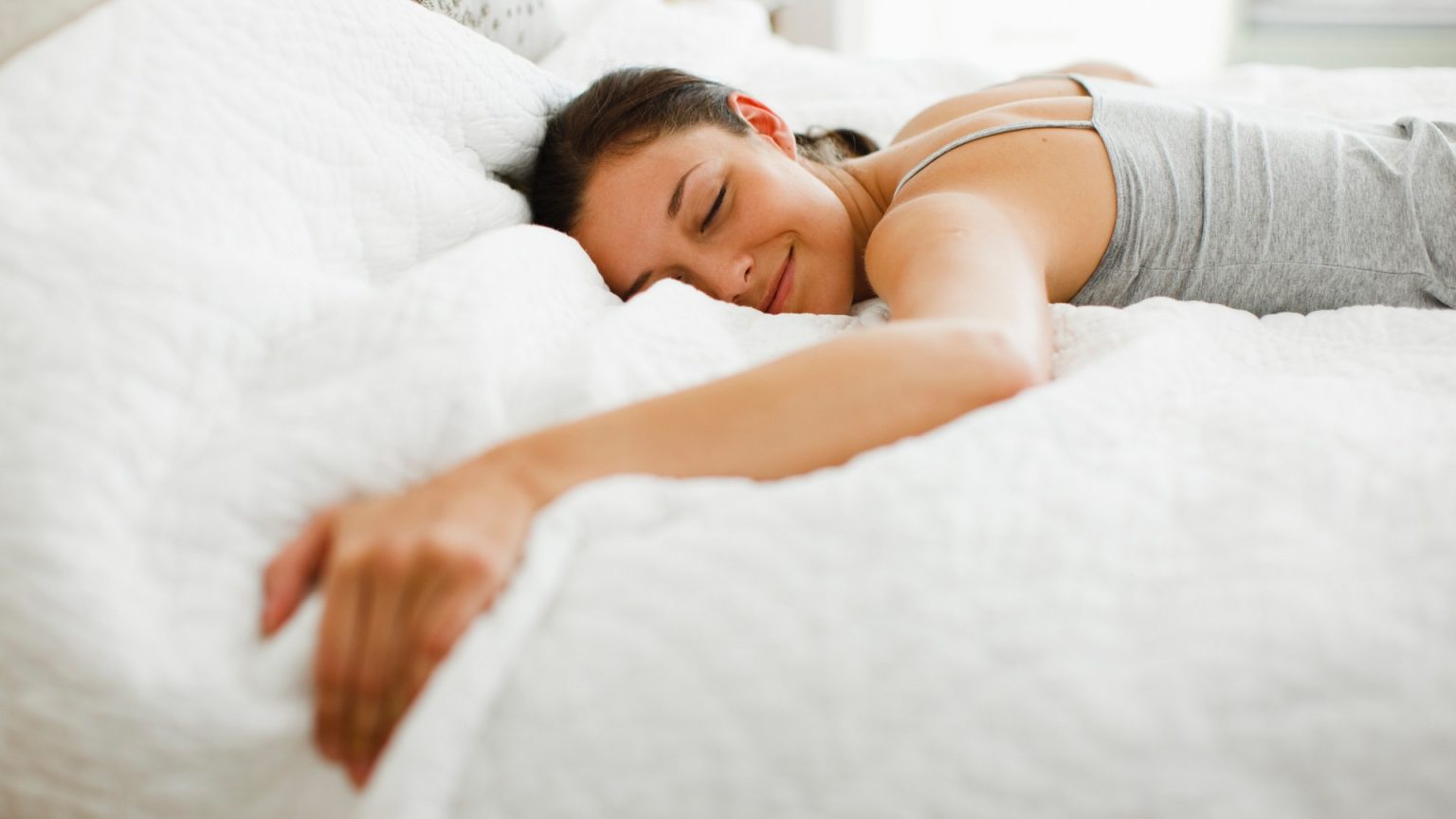Sleep struggles are a common experience, particularly during periods of transition like the post-holiday season. The return to routine, coupled with the January blues and work-related stress, can significantly disrupt our sleep patterns. However, restoring healthy sleep doesn’t necessitate expensive remedies. Simple, cost-effective strategies can be remarkably effective in reclaiming restful nights.
One such strategy involves regulating caffeine intake. While a morning cup of coffee might be a welcome ritual, excessive caffeine consumption, especially in the afternoon and evening, can interfere with sleep. A clever alternative is banana peel tea, a surprisingly palatable beverage that not only promotes relaxation but also reduces food waste. The peels, rich in magnesium, potassium, and tryptophan, contribute to muscle relaxation and the production of sleep-inducing hormones like serotonin and melatonin. Boiling the washed banana peel for ten minutes and straining the liquid creates a subtly sweet and sleep-promoting drink.
Another key element in improving sleep hygiene is minimizing screen time before bed. The blue light emitted from electronic devices, such as phones and tablets, disrupts the natural production of melatonin, a hormone crucial for regulating sleep-wake cycles. Ideally, electronic devices should be avoided for at least an hour before bedtime. For those who find it challenging to disconnect, leaving the phone outside the bedroom can be a helpful tactic. Maintaining a cool, well-ventilated bedroom is also essential, as a hot, stuffy environment can hinder sleep onset.
Mental relaxation is just as important as physical comfort when it comes to sleep. Racing thoughts and worries can make it difficult to fall asleep. A simple technique called “reverse daydreaming” can help quiet the mind and break overthinking patterns. This involves mentally reviewing the day’s events in reverse chronological order, from evening to morning. This exercise focuses the mind on a specific, non-stimulating activity, allowing for a smoother transition into sleep. Another effective relaxation technique is humming for a minute before bed. This activates the vagus nerve, promoting a sense of calm and facilitating sleep.
Beyond these lifestyle adjustments, incorporating budget-friendly relaxation rituals into your evening routine can further enhance sleep quality. A warm bath with Epsom salts, known for their muscle-relaxing properties, can be a soothing pre-sleep activity. Similarly, reading a physical book (as opposed to an electronic device) can help wind down the mind and prepare for sleep. Creating a consistent bedtime routine, which signals to the body that it’s time to rest, is also beneficial.
While these methods are generally effective, it’s important to remember that individual responses to sleep interventions can vary. If sleep problems persist despite trying these strategies, consulting a healthcare professional is advisable. Underlying medical conditions or other factors could be contributing to the sleep difficulties, and professional guidance can help identify and address these issues.
In conclusion, achieving restorative sleep is often within reach without resorting to expensive solutions. By implementing simple, low-cost strategies such as regulating caffeine intake, minimizing screen time, practicing relaxation techniques, and creating a consistent bedtime routine, individuals can significantly improve their sleep quality and overall well-being. These small changes can make a substantial difference in promoting healthy sleep patterns and enjoying the numerous benefits of a good night’s rest.




